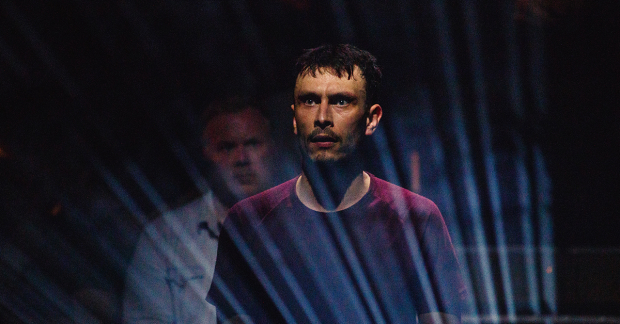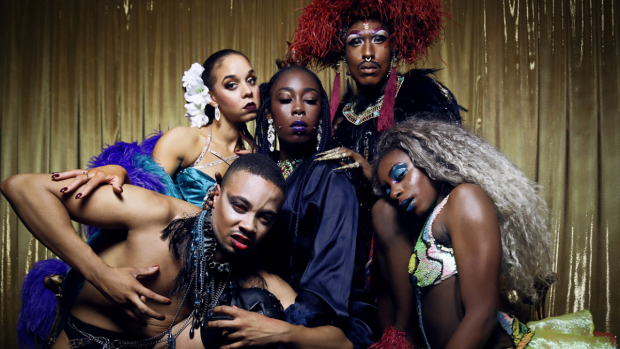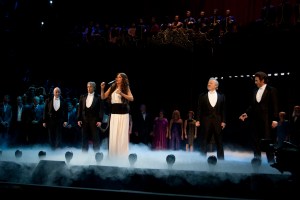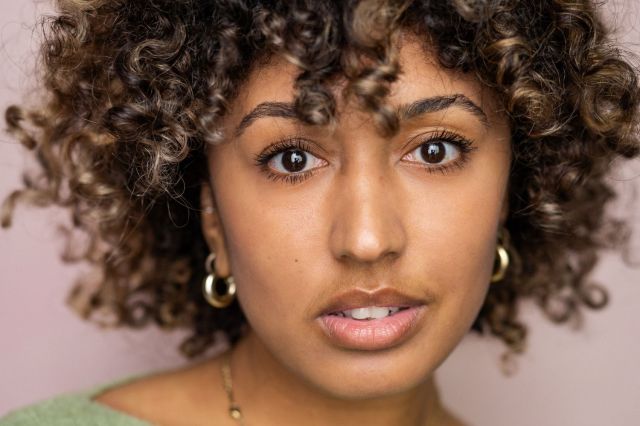The West End has to be an innovative, challenging space when theatres reopen – and new artists will need a platform
What will the West End look like when theatres reopen?

© Andrew Perry
Trafalgar Studios revealed last week that it would be removing its smaller studio space, reinstalling a two-tier single auditorium.
While the two-venue system was never perfect (and seeing the original 1930s decor restored in all its glory is a very exciting prospect), the studio was often a unique offering for both audiences and artists. It was here that you could see brilliant new writers – Milly Thomas, Stephen Karam or, if the transfer of his marvellous Shook hadn't been cancelled, Samuel Bailey – alongside exciting acting talent like Patsy Ferran, Tony Revolori or Apphia Campbell – all in an intimate space.
In their planning permission request, Trafalgar Studio's owners Rosemary Squire and Howard Panter cited a number of new venues now doing the heavy lifting for new artists, making the smaller studio space defunct.
And one venue that seems as though it'll do the brunt of that heavy lifting is the Ambassadors Theatre, which, under the steerage of Sonia Friedman Productions, was planning something that sounded pretty exciting – to transfer fringe shows and new writing into the heart of London, providing a platform for emerging voices. The scheme also reimagined a West End theatre's programming model – proposing to run weekly "Lates" featuring cabaret, drag, comedy and more.
As SFP production and creative development associate Emma Hall said on Twitter the day Trafalgar Studios' decision was revealed – it was "time for the Ambassadors to step up and provide a space for smaller-scale work that deserves a longer life. We'll be the most intimate West End theatre now!"
Before the lockdown brutally cut short its plans, the "SFP at the Ambassadors" season was a ray of sunshine for fringe artists. The West End should certainly not be seen as some ultimate endgame, but to reach wider audiences, garner more press attention and have all of these things to place on a funding application can help guarantee a long-term livelihood.
Friedman herself said that the theatre "occupies a special place in my heart as the venue where I learned to push the boundaries of what is possible in commercial theatre."
Alongside her gargantuan hits like Harry Potter, Mormon or Dreamgirls, the producer has always had an eye for championing contemporary, form-busting shows – The Jungle, Our Ladies of Perpetual Succour, The Mountaintop or Polly Stenham's That Face.
The latest to add to this list is Richard Gadd's Baby Reindeer, which, sans virus, would have come to the West End following its award-winning runs at the Edinburgh Fringe and Bush Theatre. While Gadd is no stranger to the limelight, he brought with him a series of creatives that will no doubt flourish in time – not least video designer Ben Bull, who had only just graduated when he presented his award-winning, anarchic bombardment of text and images in the show.

© Roxene Anderson
During the Fringe the play was described as "an uncompromising, uncomfortable watch that leaves a bitter taste swilling around the back of the throat" – not exactly your standard West End fare. As the writer said before the scheduled Ambassadors run – "The West End, for the most part, are used to shiny, massive productions…I'm coming in there with a big raw f**king messy show and you don't know if people will be grossed out by it or not."
There's a thrill in that lack of certainty. It would be a sad day when commercial theatre is synonymous with safe hits – the West End can't become a stale, unexciting space when shutters eventually come back up. There'd be a thrill seeing Breach Theatre open a critically acclaimed production in the West End, or watching a remounted version of the award-winning Tokyo Rose musical rocking at the Ambassadors.
It all has, of course, to be affordable – 500 tickets per week for Baby Reindeer were under £25 while directors like Jamie Lloyd were championing schemes to get audiences into West End venues for free. These initiatives cannot disappear when the virus does.
Some of the best shows of recent years – Six, Emilia, Misty or Our Ladies (all, notably, initially starting their lives as publically funded or student productions) – are the kicks of adrenaline that central London needs to stay vibrant and exciting.
Theatre thrives when it tackles contemporary issues – and, when venues do reopen, the world will be in a very different place. There will be a lot more to chew over, and a lot more artists with new stories to tell.
Friedman and her team agree: "The SFP season at the Ambassadors Theatre is a crucial part of our post-COVID 19 plans because it will be vital to provide new work to audiences coming out of this period of lockdown. Though we may have a long road ahead, we hope that with the help of ATG, the Ambassadors will be a fantastically exciting venue that will play a key role as a platform for smaller-scale work and new writing within the wider British theatre eco-system.
"It will be a place for opportunity and innovation, embracing the future in the heart of the West End."












